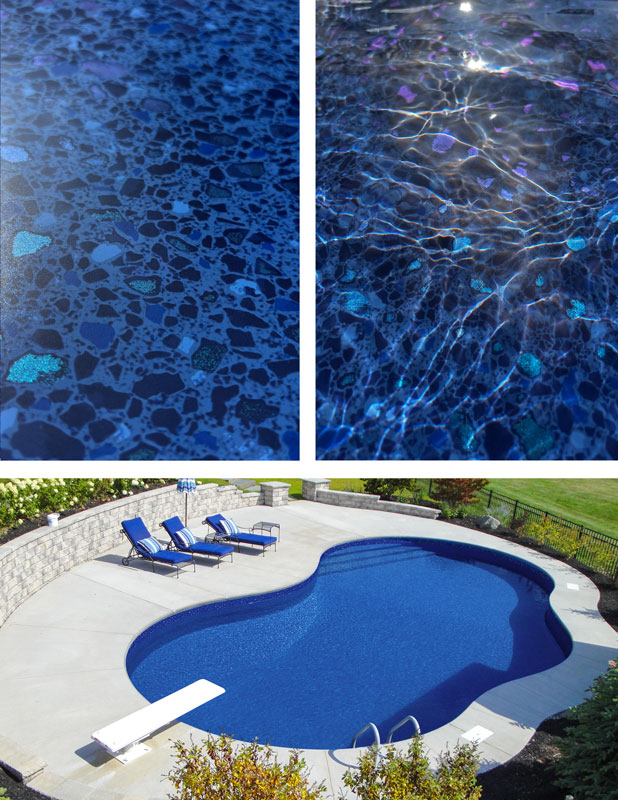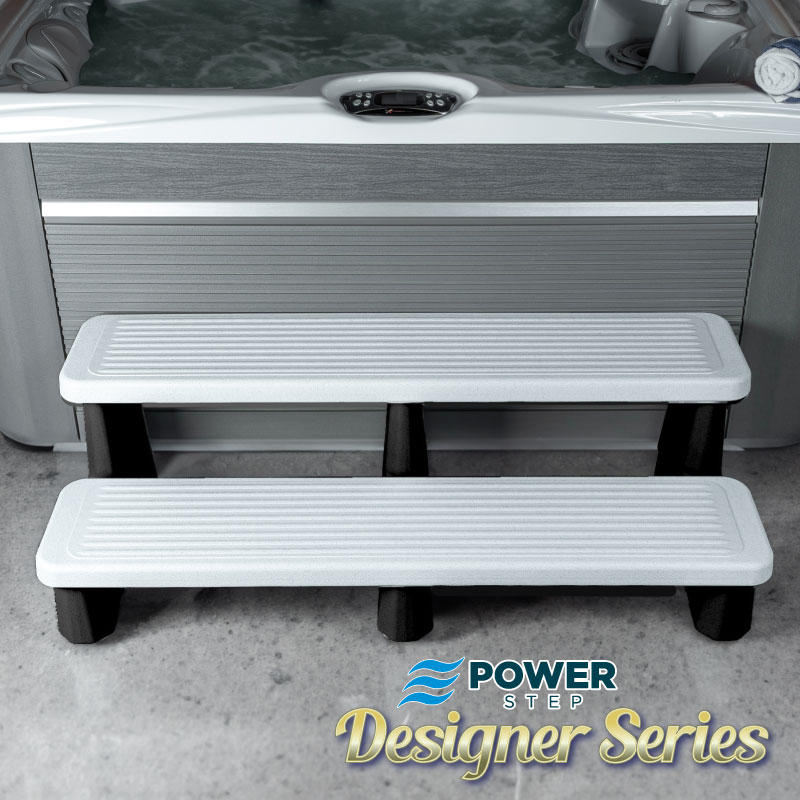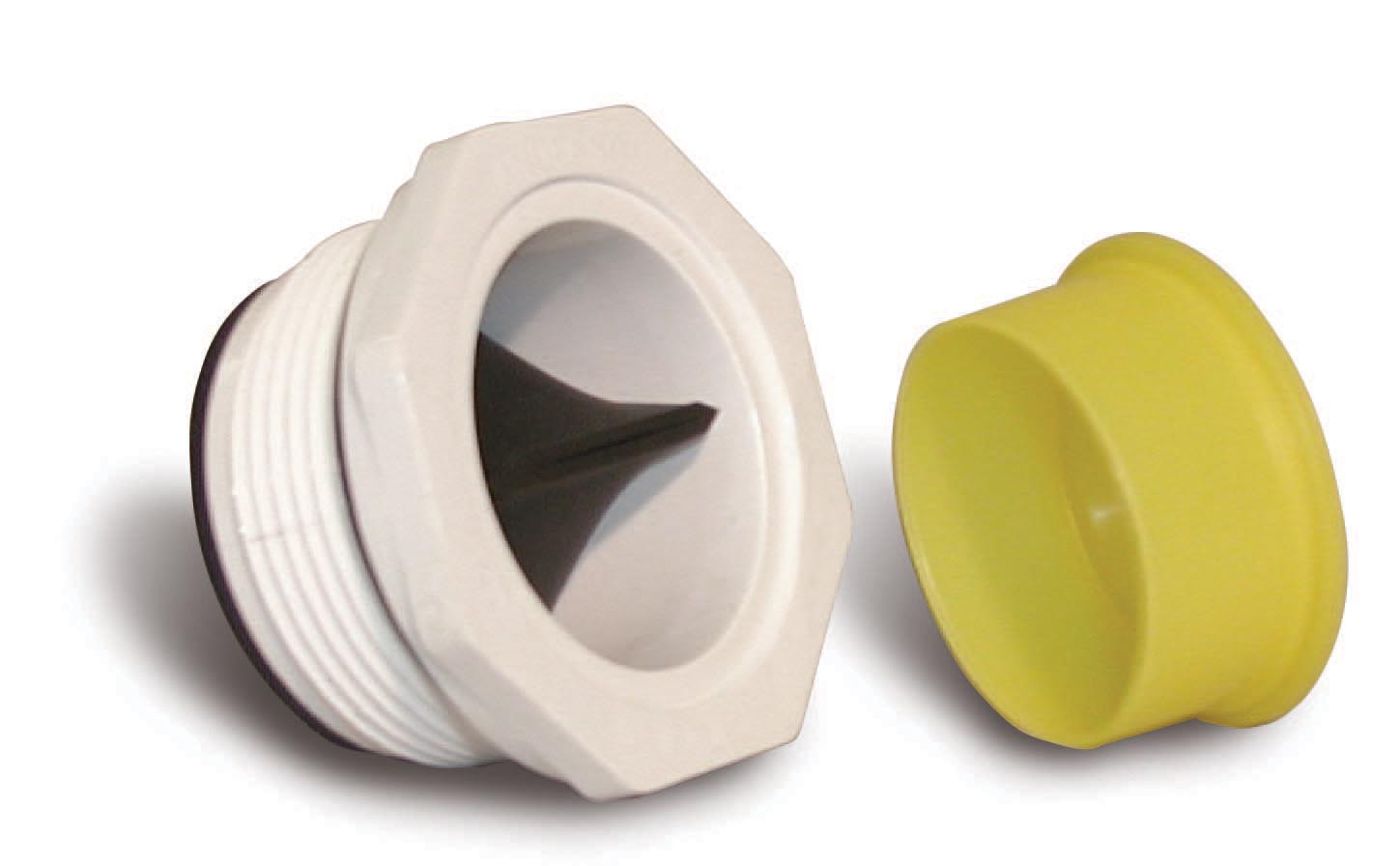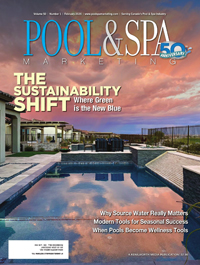Pool industry stabilizes: Market adjusts after years of rapid change
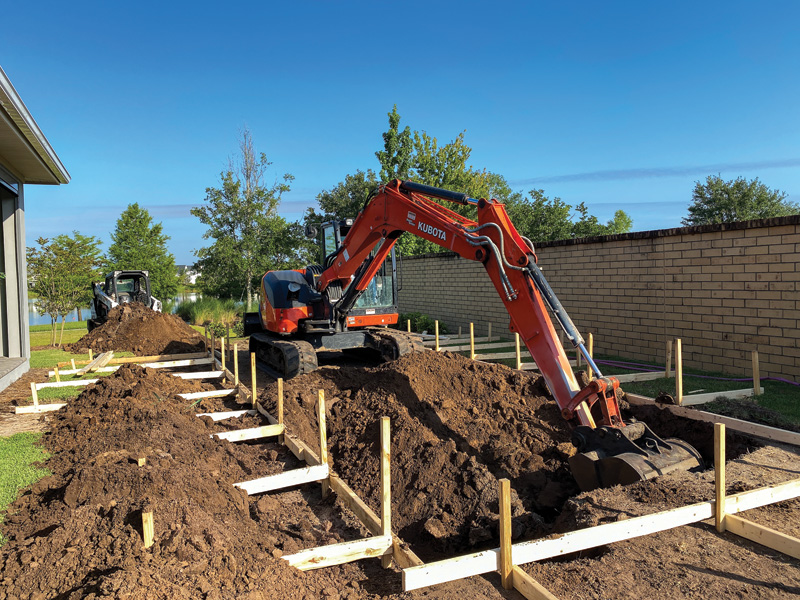
The predominant trend of 2024 reflects a period of transition as the pool industry moves beyond the pandemic-induced surge of 2020 to 2022. While pool permit registrations continued their decline from peak levels, the pace of reduction slowed significantly compared to the previous year, suggesting a stabilization in demand.
Nationwide, swimming pool permit registrations declined by 10 per cent in 2024, following a steeper drop in 2023. Although totals have tapered off, the industry remains on stronger footing than in pre-pandemic years, with businesses adjusting to a more predictable market. Industry professionals note that 2024 was marked by careful inventory management, strategic hiring, and refined operational efficiencies.
Navigating economic pressures and consumer trends
Economic conditions in 2024 significantly shaped consumer behaviour, with inflation and interest rates influencing spending decisions. While initial demand was slower, the latter half of the year showed resilience as homeowners continued to invest in their outdoor spaces. Industry experts observed a growing interest in smaller, more efficient pools and advanced automation technology, signalling a shift in consumer priorities.
Regional trends and market performance
Quebec remained the dominant market, accounting for the majority of nationwide pool permits. Ontario followed despite a decline in total registrations. Other regions experienced varying degrees of change, with some urban centres outperforming others. Certain cities saw unexpected growth, indicating pockets of strong demand even amid a broader market slowdown.
Technology and industry adaptation
Advancements in pool automation and energy-efficient equipment gained traction in 2024. Industry professionals adapted by enhancing their digital marketing strategies and focusing on service excellence to differentiate themselves in a competitive landscape. Businesses that invested in innovation and customer experience found themselves better positioned for long-term success.
Industry trends and workforce stability
The 2025 Pool & Spa Marketing Salary Survey provides an in-depth look at employment trends, compensation structures, and workforce dynamics across the industry. This annual report highlights shifts in career outlooks, job satisfaction, and the ongoing challenges businesses face in retaining skilled workers.
A clear picture is emerging of an industry that is resilient and evolving. While a strong percentage of professionals remain committed to the field, a growing number are reassessing their long-term career paths. Workforce stability remains a key discussion point, with employee retention trends reflecting positive employer engagement strategies and persistent hiring challenges. Although tenure within the industry is strong, with many professionals dedicating decades to their careers, new entrants under the age of 40 are shaping the future workforce at a slower pace than some industry leaders anticipated.
Compensation, benefits, and job satisfaction
Salaries remain competitive across most roles, with notable variations based on experience, job function, and geographic region. Many professionals reported salary increases, though wage growth has been inconsistent depending on sector and position. Compensation concerns remain a focal point for employees, with rising costs affecting overall job satisfaction. Employers that offer strong benefits packages, including health care, paid leave, and retirement plans, tend to see better retention rates, underscoring the growing importance of non-monetary compensation.
Work-life balance and industry challenges
Despite a deep commitment to their roles, many professionals continue to struggle with work-life balance due to seasonal fluctuations, staffing shortages, and increasing workloads. The demand for skilled labour remains high, and businesses are actively exploring strategies to attract and retain talent in an increasingly competitive job market. For those with decades of experience, long hours and job-related stress remain major factors influencing career longevity. However, a strong sense of professional fulfillment continues to drive many to stay in the industry.
Employer loyalty and retention
Employer loyalty remains a defining theme, with a significant percentage of respondents reporting long-term commitments to their current companies. Many professionals have remained with one or two employers throughout their careers, suggesting that businesses that invest in employee engagement and career development are better positioned to retain top talent. However, organizations that fail to address compensation and work-life balance concerns may see higher turnover rates in the future.
Looking ahead
As the industry progresses through 2025, economic conditions and consumer confidence remain uncertain. Government policies related to taxation, home improvement incentives, and energy efficiency mandates may influence consumer purchasing decisions in the coming year. Additionally, Canada’s trade relationship with the U.S., particularly concerning potential tariff changes on materials and equipment, could have cost implications for the industry and, ultimately, for consumers. Meanwhile, workforce dynamics will continue to evolve, with compensation trends, employee engagement strategies, and hiring challenges shaping the industry’s future. Refer to the full report for a deeper analysis and detailed market insights. A full copy of the report can be purchased here.

